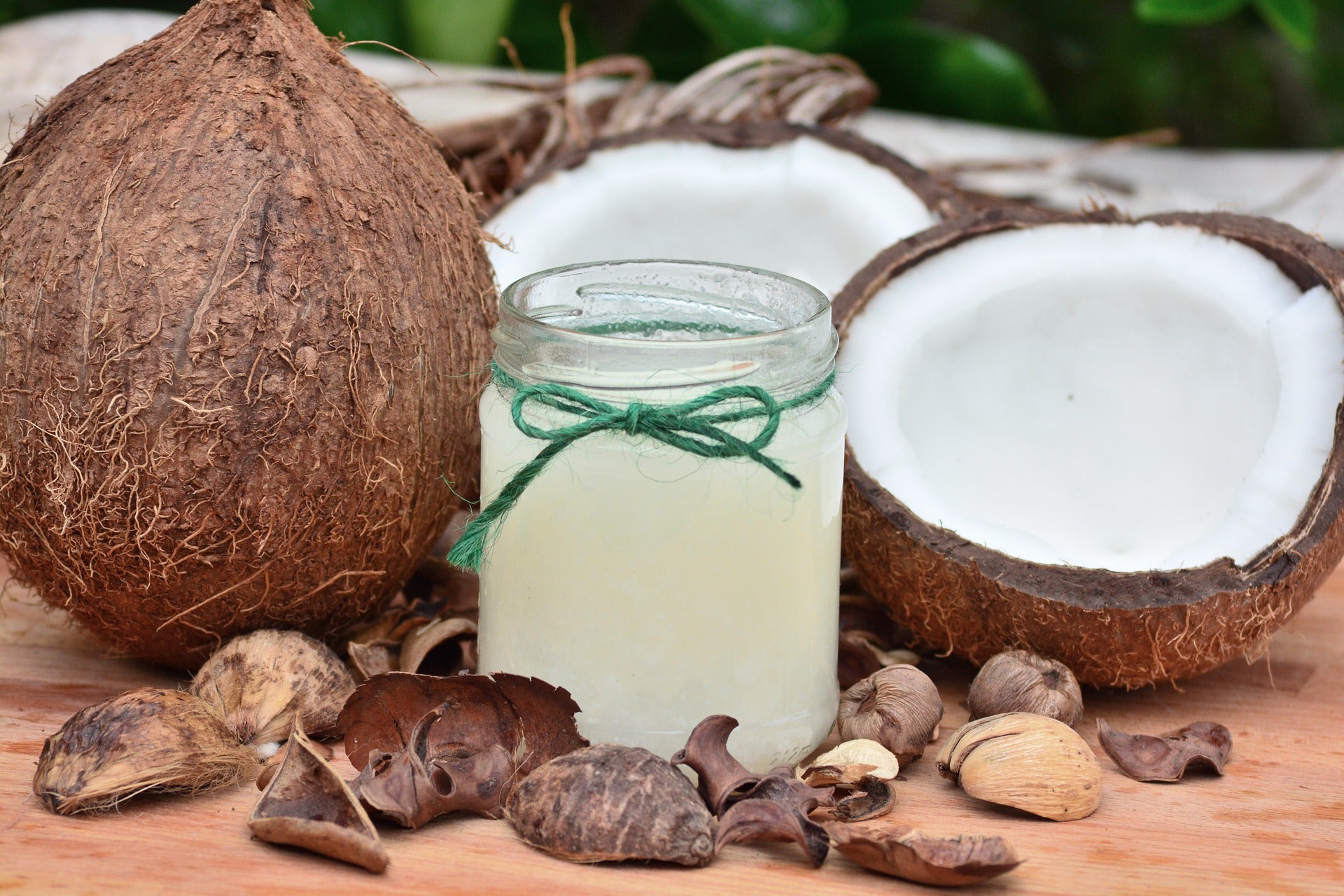Ketogenic diets have become popular in recent years – both for pets and humans. But many people still don't understand what ketones are, and how they can be beneficial to health.
In this post we'll explain what ketones are and how they function in the body. We'll also look at how ketogenic diets work, and the health benefits they can offer your pet.
What Are Ketones?
Ketones are energy-producing molecules made from fats. The body can make them from stored fat, or from special fats known as medium-chain triglycerides (MCTs).
Ketones act as an alternative fuel to glucose – a much more potent and efficient fuel. When ketones are available, it's like putting high performance gasoline into the tank of your car. You get better gas mileage, higher performance, less wear and tear on the engine, and less pollution.
What Is a Ketogenic Diet?
Ketogenic diets contain a high ratio of fat compared with protein and carbohydrates. This type of diet causes the body to switch its primary source of fuel from carbohydrates to fat. When this happens, the liver breaks down stored fat into ketones to use as fuel.
Ketogenic diets mimic the diet your dog or cat would survive on in the wild; a species-appropriate diet, rich in fatty organ and muscle meats. A diet of this type is natural for cats and dogs, and allows the production of ketones that benefit their overall health.

Coconut Ketones
A carefully controlled, high-fat diet can produce the right conditions for your pet's body to produce ketones. But scientists have discovered that there's another way to boost ketone production.
MCTs are dietary fats that are converted into ketones regardless of blood glucose levels. This means that they can raise your pet's blood ketones to therapeutic levels when included in their diet.
And which food is the richest source of MCTs found in nature? That's right, virgin coconut oil!
Around 63% of the fatty acids in CocoTherapy organic virgin coconut oil are MCTs. Supplementing your pet's diet with a high-quality virgin coconut oil can raise blood ketones to levels that can support their health and prevent disease.
In the next section of this post we'll look at some of the specific health benefits of ketone production in your pet's body.
Ketones and Brain Health
Ketones are especially beneficial for brain health, and play a significant role in the maintenance, repair, and growth of brain cells.
The brain uses glucose as its primary source of fuel. Brain degeneration happens when the cells and neurons of the brain fail to effectively turn glucose into energy. Without energy the brain shrinks and its functions begins to decline. In effect, the source of "fuel" to the brain has been cut off – causing it to slowly die.
As pets age, they become more susceptible to developing a defect in glucose metabolism. This can cause Cognitive Dysfunction Syndrome (CDS), which is similar to Alzheimer's disease in humans. Symptoms of this distressing disease include disorientation, confusion, and disassociation with family members.
Ketones bypass the defect in glucose metabolism and provide the brain with the energy it needs to function and develop properly. This means that ketones not only prevent and stop brain degeneration, they can actually reverse it!
Ketones and Epilepsy
A 2016 article in American Veterinarian reported that:
"A ketogenic diet rich in medium-chain triacylgylycerols...achieved clinically meaningful levels of ketosis and helped prevent seizures in dogs with epilepsy, according to a randomized, double-blind, placebo-controlled, crossover trial published in the British Journal of Nutrition."
The article goes on to explain that a ketogenic diet has been used to control epilepsy in humans since the 1920s. Results of the study on dogs shows a clear link between ketone production and reduced incidences of epilepsy:
"Of 21 dogs in the trial, three became seizure-free, and another seven experienced at least a 50% drop in seizure frequency while on the diet."
Researchers also discovered other cognitive health benefits connected to high levels of MCTs in the dogs' diet:
"The diet also appeared to reduce ADHD-like behaviors, including the “chase” impulse and fear of strangers, according to a separate analysis of the same trial. Furthermore, a version of this diet also has been found to enhance cognitive function in older dogs."
Ketones and Cancer
A ketogenic diet has even been linked to eradicating cancer cells in the body. In a recent interview with Dr. Karen Becker for the Mercola Healthy Pets website, Dr. Ian Billinghurst gave an overview of his new book on treating cancer with nutrition:
"Cancer is clearly a genetic disease, but it has a mitochondrial origin that drives the genetics. So a ketogenic diet, calorie restriction, and very careful and targeted supplementation is the key to cancer's defeat. I call this — it's all outlined in the book — 'targeted nutritional therapy' or TNT — it's explosive!"
Treating cancer with a ketogenic diet is based on the theory that cancer cells require glucose to grow and divide. On a ketogenic diet the body switches its primary source of fuel from carbohydrates to fat, and uses ketones to fuel the body rather than glucose. A lack of glucose is thought to starve and kill the cancer cells in the body.
Adding MCTs to Your Pet's Diet
As we mentioned earlier, virgin coconut oil is the richest source of MCTs found in nature. This means that adding coconut oil to your pet's diet is the simplest way to increase ketone levels in the body.
Experts suggest using a therapeutic virgin coconut oil that is 100% certified organic, Non-GMO, raw (true cold-pressed), and non-hydrogenated.
Therapeutic-grade oil such as CocoTherapy coconut oil contains high levels of MCTs (63%) that support ketone production. The cooking-grade coconut oils you'll find on most supermarket shelves do not contain a high enough level of MCTs to significantly raise blood ketone levels.
That's it for today's post. We hope you've learned a little about the amazing power of ketones! Need more information about supplementing your pet's diet with therapeutic coconut oil? Just click here.



